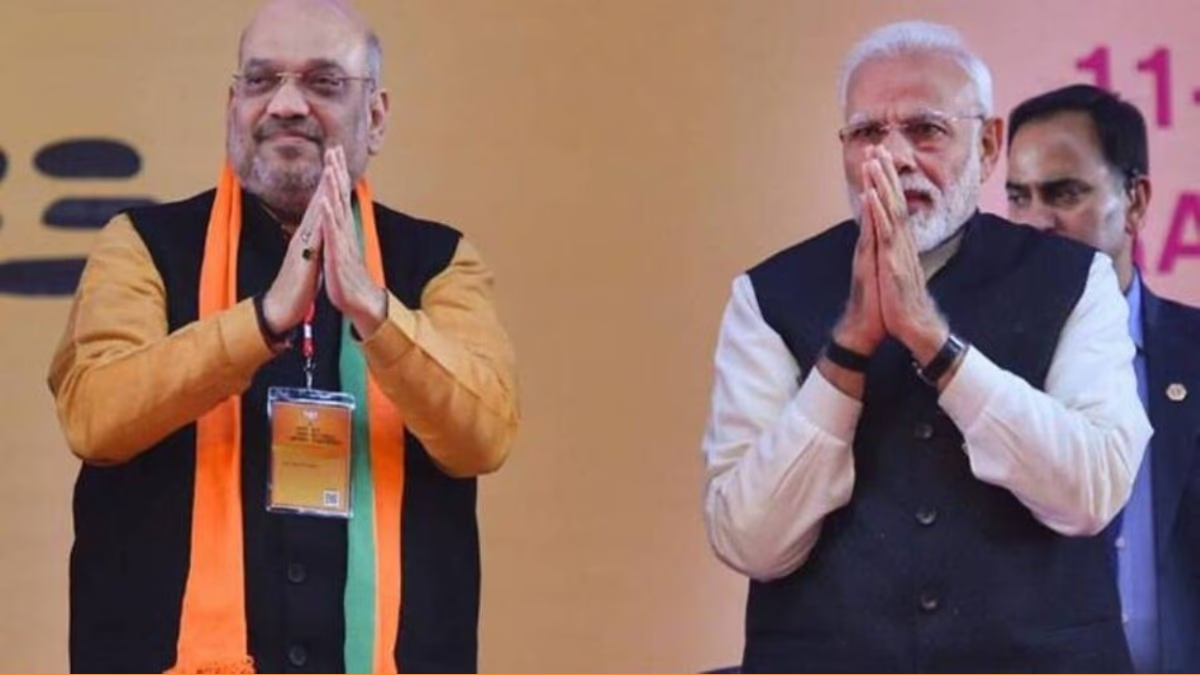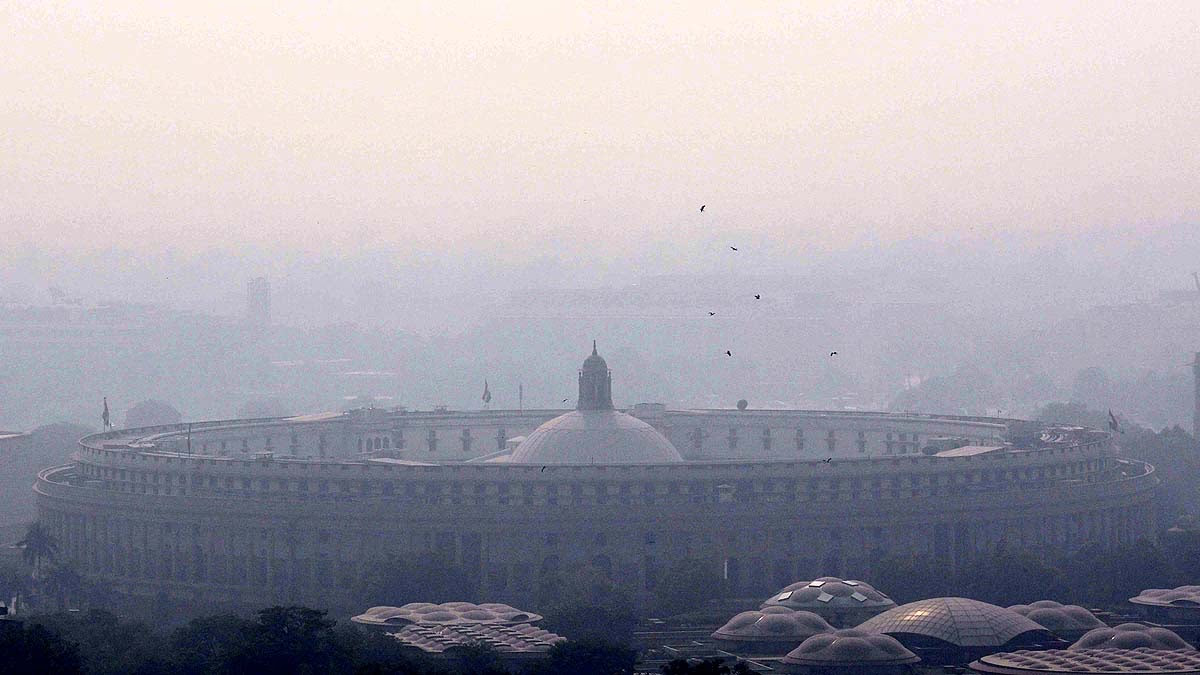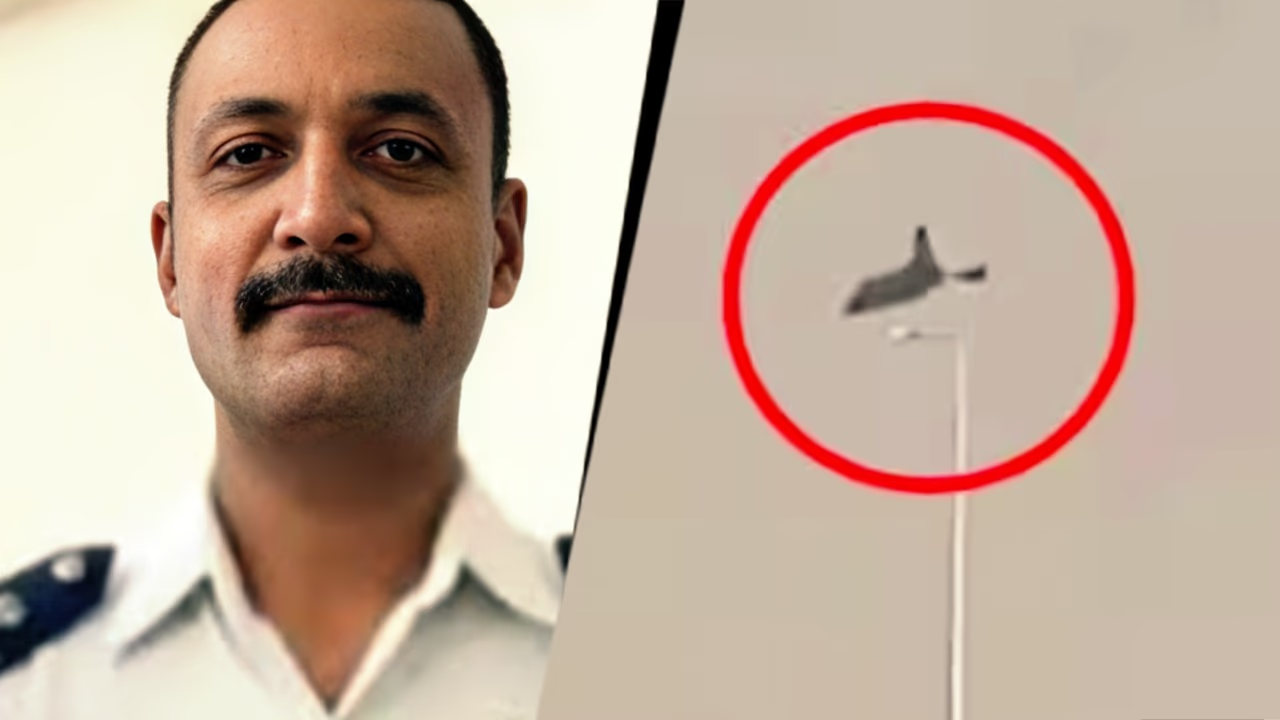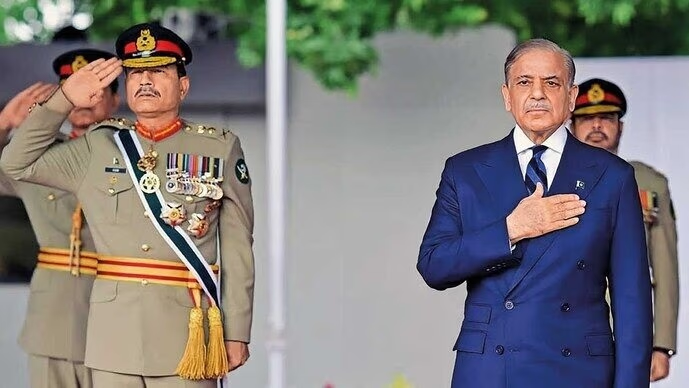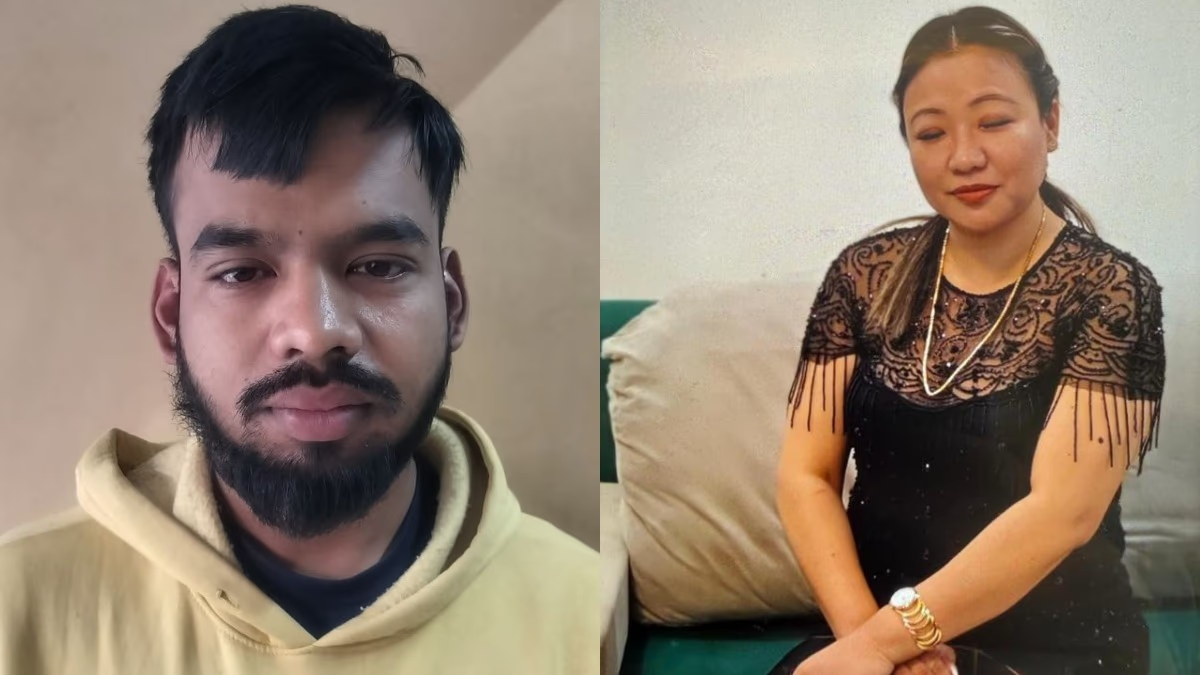In the assembly elections of Jharkhand, tribal voters hold the key. The Bharatiya Janata Party (BJP), wrapped in the pitch of tribal identity, is maneuvering against the Jharkhand Mukti Morcha (JMM) on issues of infiltration, land, and cultural pride. Amidst elections, the celebration of Tribal Pride Day is emerging as a concerted effort to engage the tribal community. The day commemorates Birsa Munda, revered as a deity in the tribal society, and this year, the 150th anniversary coincides with the election season, making it even more significant.
In the fight for tribal votes, the BJP is actively employing political strategies in Jharkhand, leveraging influences from Bihar and Delhi. In the national capital, Home Minister Amit Shah unveiled a statue of Birsa Munda, announcing a year-long series of events. Meanwhile, Prime Minister Narendra Modi is in Jamui, Bihar, where a grand celebration of Birsa Munda's anniversary is underway.
The Jamui program witnesses participation from Chief Minister Nitish Kumar, Union Minister Chirag Paswan, and a large contingent from Jharkhand's tribal community. Union Minister Jual Oram, connected with the tribal community, has been overseeing the preparations for PM Modi's program in Jamui.
Strategy to Influence from Bihar to Jharkhand
During the assembly elections in Madhya Pradesh, Chhattisgarh, and Rajasthan, Prime Minister Modi had visited Ulihatu in Jharkhand on Birsa Munda's anniversary. Ulihatu, being the birthplace of Birsa Munda, made this move impactful, leading BJP to victory in Rajasthan and unexpectedly securing full majorities in the Congress-favored Madhya Pradesh and Chhattisgarh.
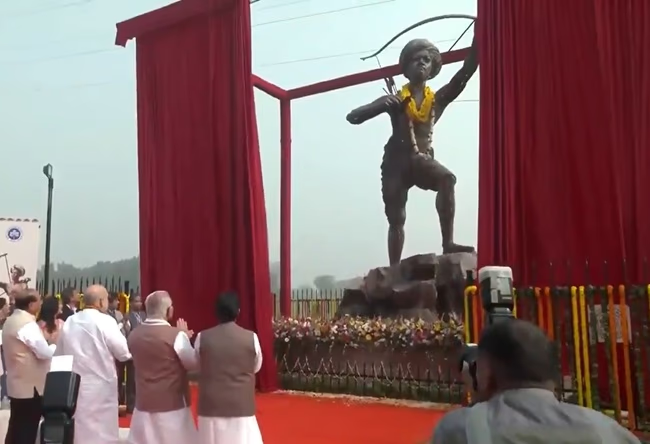
Source: aajtak
For the current Jharkhand elections, BJP seems to be following the same formula, aiming to connect with the tribal land's narrative from the neighboring state's grounds. PM Modi is expected to inaugurate and lay the foundation for development projects worth over 6640 crore rupees during the celebration of Birsa Munda's anniversary in Jamui.
These projects include ones directly linked to the tribal community. PM Modi will inaugurate two tribal freedom fighter museums and two tribal research institutes to preserve the rich history and heritage of the tribal society. Additionally, PM Modi is initiating the Aba Gram Utkarsh Abhiyan.
It's noteworthy that the term 'Aba' is directly associated with Birsa Munda. He is known as 'Dharti Aba,' meaning 'Father of Earth.' By invoking the greatest symbol of tribal identity, the attempt is to establish a foothold on the tribal pitch. Meanwhile, participation in the completion ceremony of 11,000 houses under the Jan-Man scheme aims to send a message to voters from the economically disadvantaged sections.
Tribal Demographics in Jharkhand
Tribal society constitutes approximately 26% of Jharkhand's population, with 26 out of 81 assembly seats reserved for the ST community, crucial for deciding power dynamics. In the 2019 Jharkhand elections, JMM and Congress won 21 out of the 26 tribal seats. Even in recent Lok Sabha elections, BJP didn't fare well on Jharkhand's tribal-majority seats. Keeping in view the results of the 2019 assembly elections and recent Lok Sabha polls, BJP is putting substantial effort to captivate the tribal-majority seats and society.
Symbolic Politics Worked in MP-Chhattisgarh
BJP focused and excelled in symbolic politics to consolidate tribal voters in Madhya Pradesh and Chhattisgarh. They organized the Rani Durgavati Yatra, renamed Habibganj railway station after Rani Kamalapati, and built a monument honoring Shankar Shah and Raghunath Shah in Jabalpur.
Read Also:
In Chhattisgarh, the party initiated the Purkhouti Samman Yatra. The visit of PM Modi to Birsa Munda's birthplace Ulihatu, right before the elections, created a favorable wave among the tribal society in BJP's favor. It remains to be seen how effective the strategy of connecting Bhihar's ground with Birsa Munda's land will be, which will be revealed on the date of November 23.
Who was Birsa Munda?
Birsa Munda was born on November 15, 1875, in Ulihatu village of Khunti. During his education at the German Mission School in Chaibasa, his revolutionary ideas led to his expulsion. Subsequently, Birsa and his family joined the German Christian Mission, left Chaibasa, and converted to Roman Catholicism, which they later renounced.
Read Also:
When the British declared the forests of Podahat as protected, Birsa Munda joined the tribal movement. Declaring himself as 'Dharti Aba' (Father of Earth), he unified the Munda and Oram tribes in rebellion against the churches, missionaries, and British rule.
